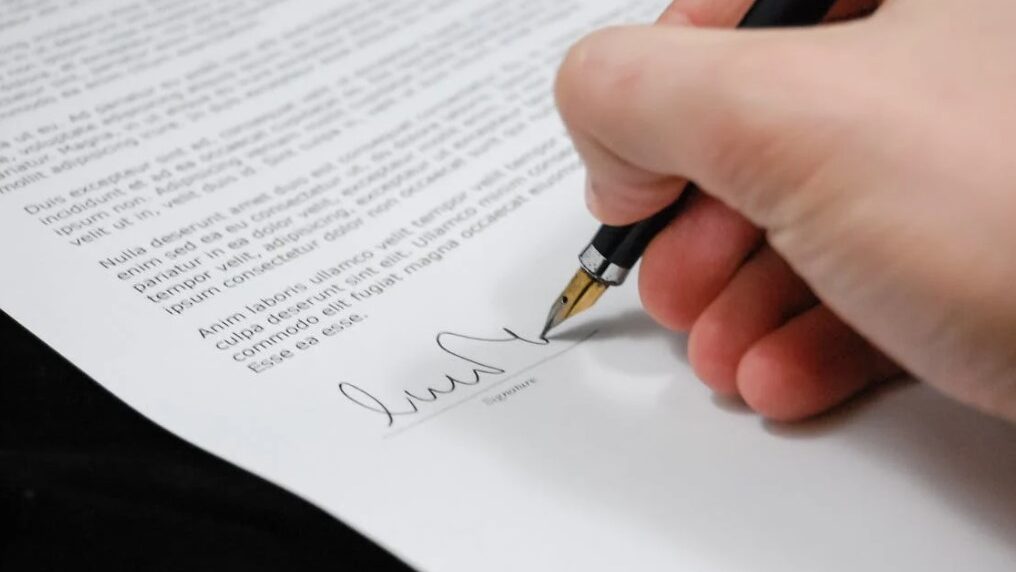
Emotionally Draining Topics for Transgender Women You Must Avoid
Navigating the world as a transgender woman is filled with unique challenges and experiences. Some topics can be like heavy emotional weights, making the journey even more challenging.
If you’re getting to know someone online, avoiding these topics will help emotional triggers—giving you a lighter ambiance to get to know each other better.
Today, let’s explore some of these emotionally draining topics that transgender women often find best to avoid, or at least approach with caution.
Misgendering
Dealing with misgendering, the experience of being referred to or addressed with pronouns and terms that do not align with one’s true gender identity, can be profoundly emotionally draining for transgender women.

Imagine going through life feeling like you’re in a constant battle to have your authentic self recognized and respected. Whether it’s being called by the wrong name or referred to as “he” instead of “she,” this persistent misalignment can erode one’s self-esteem and sense of self-worth.
The emotional toll of correcting others repeatedly cannot be overstated. It often requires a tremendous amount of patience and emotional labor to educate people and advocate for one’s true identity. This process can make transgender women feel as though they are constantly defending their very essence.
Healthcare Concerns
Navigating healthcare as a transgender woman can be a deeply emotional and often labor-intensive process. Many transgender individuals face a multitude of challenges when seeking gender-affirming care, ranging from subtle forms of discrimination to outright barriers that can hinder access to essential medical services.
The fear of encountering healthcare providers who may not be knowledgeable or sensitive to transgender needs can cause considerable anxiety and stress.
Furthermore, the process of finding healthcare professionals who are not only competent but also understanding and affirming of one’s gender identity can be emotionally taxing. The journey often involves researching and seeking recommendations, making numerous phone calls, and potentially encountering rejection or ignorance along the way.
The emotional labor required to advocate for oneself in these situations, while dealing with the fear of rejection or discrimination, can take a toll on one’s mental and emotional well-being.
Body Dysphoria
Body dysphoria is a profound and ongoing emotional challenge that many transgender women face in their lives. This condition involves a deep discomfort or distress arising from the incongruence between one’s gender identity and their physical appearance.

For transgender women, this often means experiencing distress over male physical characteristics that do not align with their authentic female identity. This emotional struggle can manifest in various ways, such as feeling disconnected from one’s own body, anxiety about one’s appearance, and profound sadness or frustration.
Coping with body dysphoria requires significant emotional labor. It may involve engaging in a range of strategies, from gender-affirming surgeries and hormone therapy to therapeutic interventions and self-care practices.
Additionally, the journey to self-acceptance can be challenging, as it often means overcoming societal beauty standards and unrealistic expectations. The emotional toll of grappling with body dysphoria can be immense, impacting one’s self-esteem, mental health, and overall quality of life.
Online Harassment
Online harassment and the prevalence of transphobic comments represent a distressing and emotionally draining aspect of the digital landscape for transgender women. The anonymity provided by the internet can embolden individuals to express prejudiced views and engage in harmful behavior.
Transgender individuals often find themselves the targets of hateful comments, derogatory slurs, and even threats on social media platforms and in online communities. This constant exposure to hostility can take a significant toll on their emotional well-being, leading to feelings of fear, anxiety, and sadness.
Moreover, addressing online harassment requires substantial emotional labor. Transgender women may need to decide whether to engage with or ignore offensive comments, potentially reliving past trauma with each encounter.
Responding to such harassment can involve educating others about transgender issues, which can be exhausting in itself.
Support from Family
For many transgender women, receiving understanding and support from family members can be a deeply emotional and often lifelong struggle. Transgender individuals may face reactions from family members that range from acceptance and support to confusion, disbelief, or outright rejection. The emotional toll of navigating these complex family dynamics can be profound.

Transgender women may grapple with feelings of isolation, sadness, and frustration when they do not receive the support they need and deserve from their families. This lack of acceptance can lead to strained relationships, fractured bonds, and a sense of disconnection from one’s own roots.
The emotional labor required to educate family members, foster understanding, and seek affirmation can be draining. For many, the pursuit of a loving and supportive family environment is a lifelong emotional journey, one that underscores the importance of broader societal acceptance and education regarding transgender experiences.
Unless she opens up about it first, it’s not your position to dig this kind of wound up.
Authenticity VS Passing
Navigating the delicate balance between the desire to “pass” as cisgender and the need to authentically express one’s gender identity is an emotionally complex journey for transgender women. The concept of “passing” involves presenting oneself in a way that aligns with societal norms and expectations for one’s assigned gender at birth.
While passing can provide a sense of safety and acceptance in a world that often misunderstands or discriminates against transgender individuals, it can also feel like masking one’s true self. The emotional challenge lies in the constant negotiation between the desire for acceptance and the desire to be one’s genuine self.
Transgender women may find themselves facing dilemmas such as whether to undergo specific medical procedures or surgeries to enhance their ability to pass, or how to navigate clothing and grooming choices to conform to societal standards.
This process can lead to profound self-reflection and emotional labor as they seek to strike a balance between feeling secure in their presentation and staying true to their authentic gender identity.
Name Changes and Gender Marker Corrections
The process of changing one’s name and gender marker legally is a significant milestone in the life of a transgender woman, but it can also be an emotionally taxing journey. The legal system often requires individuals to navigate complex bureaucracy, which can be frustrating and overwhelming.

Gathering the necessary documentation, filing paperwork, and attending court hearings can be emotionally draining, as it involves reliving one’s past and facing potential challenges from authorities who may not fully understand or respect transgender experiences.
Furthermore, transgender women may encounter transphobia during this process, whether from individuals within the legal system or from society at large. The fear of discrimination, rejection, or humiliation can cause anxiety and distress, making the pursuit of legal recognition a deeply emotional endeavor.
Added to that, in many countries, these changes are still not allowed. This kind of dilemma may be very well close to her heart. Always remember to tread lightly with this kind of conversation.
Dating Trans Women Online
In conclusion, as we’ve explored some of the emotional challenges that transgender women often face in their journeys, it’s important to remember that there are spaces and communities designed to provide support, understanding, and connection.
If you’re a transgender woman looking for a safe and inclusive platform to connect with like-minded individuals, join My Transgender Date.
It is specifically tailored for transgender women and the men who love them, where you can find a welcoming community and connect with individuals who appreciate and respect your true self.
Don’t hesitate to create an account, take a step towards finding meaningful connections, and embracing the love and support you deserve.



